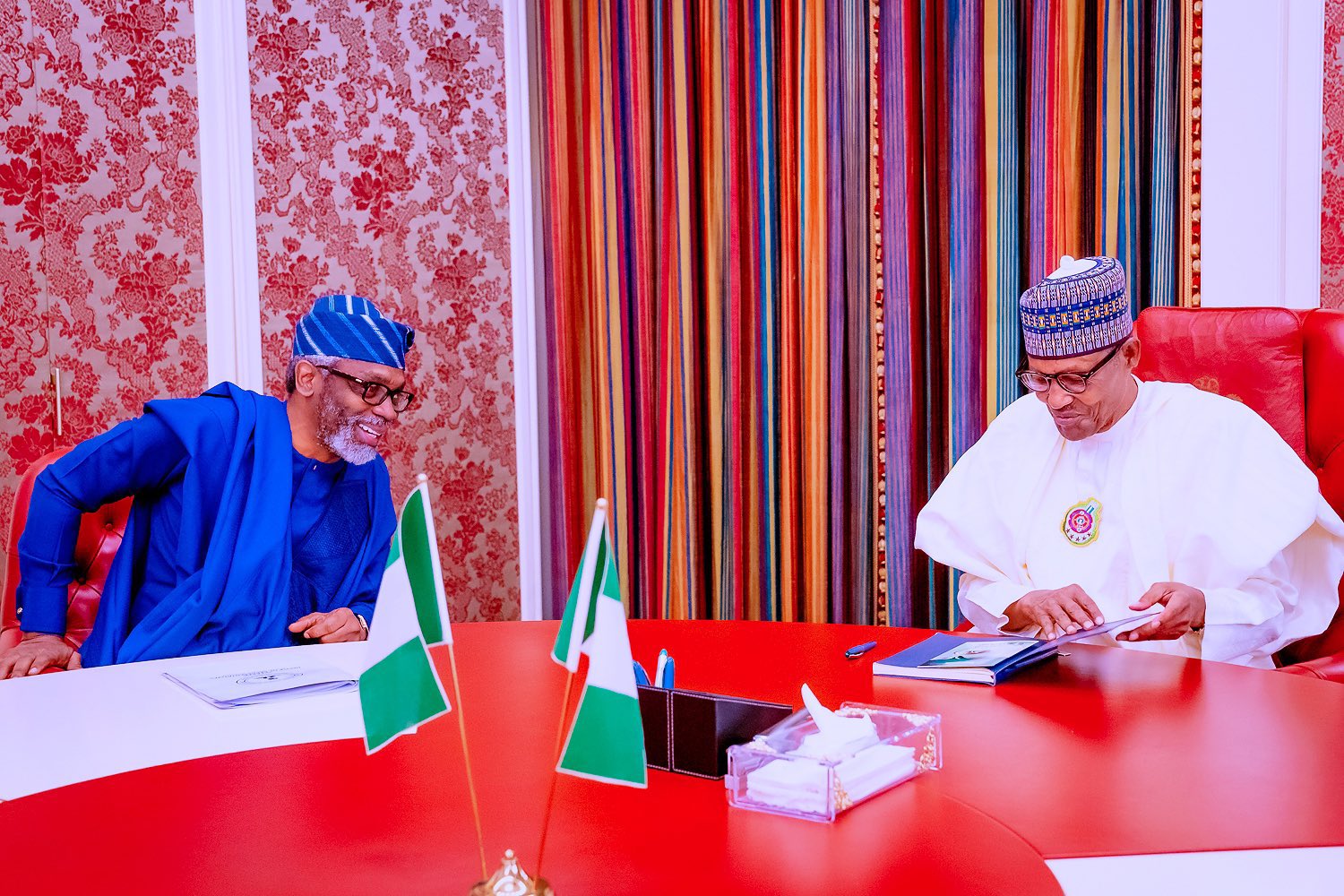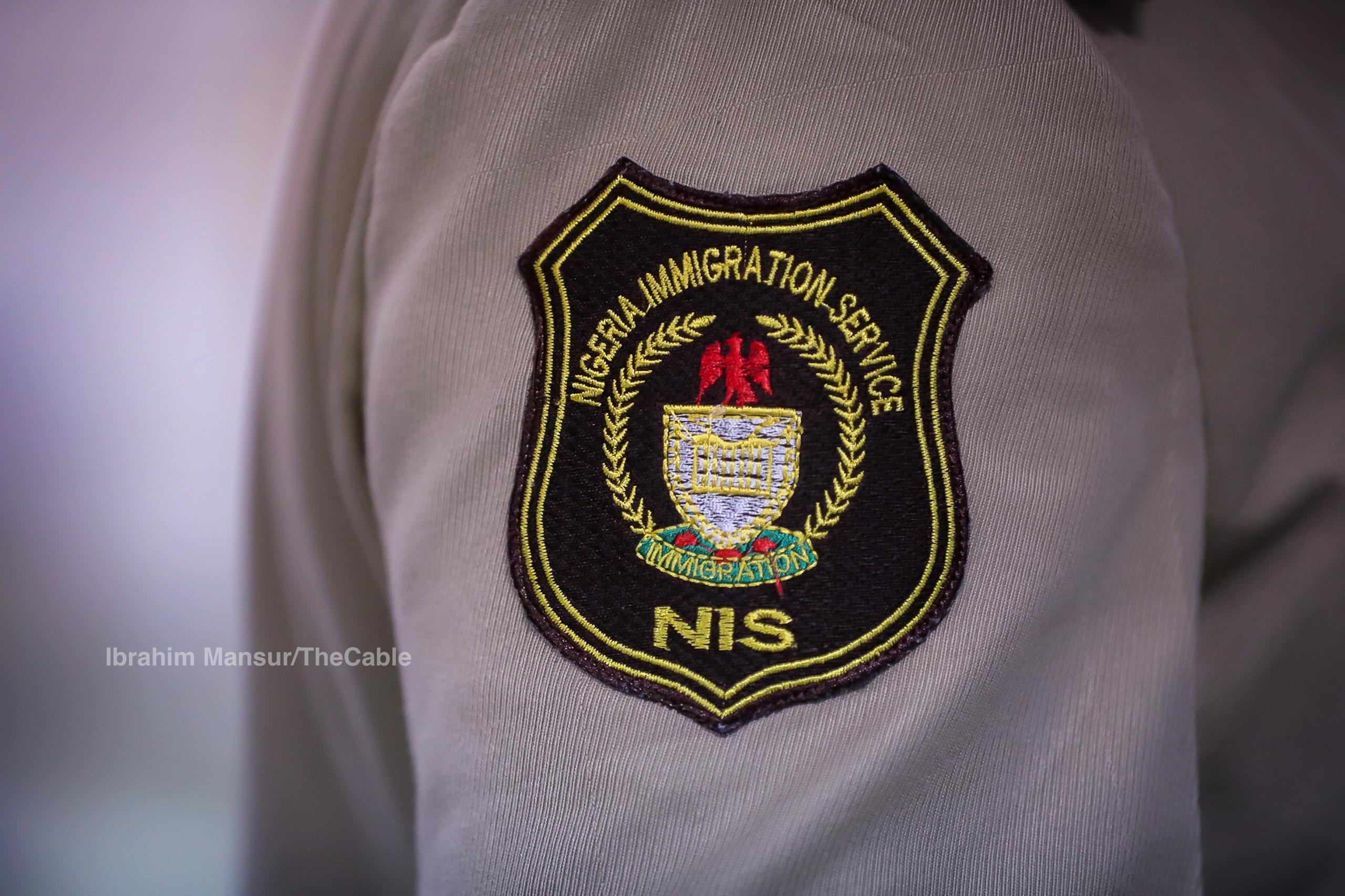'The rifle is boosting South Africa's rural economy': NWU study on hunting tourism
Hunting tourism may not be everyone’s idea of a sustainable economy, yet in South Africa’s post-pandemic landscape, it is delivering where others have faltered. It supports rural economies, funds conservation and employs tens of thousands of people, many of them low-skill workers with few alternatives.
This is according to a North West University (NWU) study led by Prof Peet van der Merwe and Prof Andrea Saayman, titled “Assessing the contributions of hunting tourism to the South African economy: a post‑Covid analysis”.
They calculate hunting tourism's annual contribution to South Africa’s economy at about R44.03bn.
Local hunters, who constitute mostly middle-aged men from provinces such as Gauteng, make up most of this economic activity.
With each local hunter spending an average of R64,410 per season, their collective annual spend tops R12.86bn.
International hunters, often affluent retirees from the US, spend far more per trip — an average of R585,375 — mainly on game, trophies, accommodation and daily rates. Though fewer in number, their spending adds another R3.02bn to the tally.
But the significance goes beyond raw expenditure. Employing a social accounting matrix, the researchers found a production multiplier of 2.97. In lay terms: for every $1 (R17.92) spent, an additional $1.97 (R35.30) is generated in economic activity. The ripple effect spreads across agriculture, trade, accommodation, transport and personal services.
Perhaps the most striking finding is employment. About 95,000 jobs in South Africa depend on hunting tourism. Many of these roles such as trackers, farm hands and cleaners require limited formal education, making the sector a vital source of income in a country grappling with a 32.9% unemployment rate.
More than 60% of these jobs fall within low-skilled categories, underscoring hunting tourism’s outsize impact on South Africa’s most vulnerable workers.
Hunting tourism’s lifeblood flows into rural economies, often bypassed by mainstream tourism.
Provinces such as Limpopo benefit enormously from the inflow, with private game farms — many converted from struggling livestock operations — thriving through sustainable use.
Notably, South Africa’s wildlife population on private land now exceeds that in national parks and the study argues hunting revenue has underwritten significant rewilding efforts.
The researchers also point to a powerful conservation dividend. Contrary to popular belief, regulated hunting creates financial incentives for landowners to protect and repopulate wild species. Without such incentives, many might revert to traditional farming, leading to habitat loss and diminished biodiversity.
To some, hunting remains morally fraught, but the study emphasises economic survival for many rural communities hinges on this industry. Importantly, the research does not gloss over ethical concerns. Instead, it calls for measured policy, recognising hunting tourism’s proven contribution to jobs, conservation and poverty alleviation.
Moreover, the sector’s resilience post-Covid is telling. As international travel resumes, South Africa has found in hunting tourism a niche that not only endures but thrives. It speaks to a broader shift in post-pandemic tourism: towards immersive, exclusive and, at times, controversial experiences.
With sectors such as agriculture, hospitality and logistics feeding off the hunting economy, the study urges policymakers to acknowledge and protect this value chain. Legislation around land use, conservation and hunting quotas must be grounded in economic realities, not just ideological preferences. Missteps could jeopardise wildlife and livelihoods.
In a world seeking green growth with social equity, the rifle may be a more unexpected ally than critics care to admit.
• Jacobs is a NWU communication specialist
For opinion and analysis consideration, e-mail [email protected]
You may also like...
Diddy's Legal Troubles & Racketeering Trial

Music mogul Sean 'Diddy' Combs was acquitted of sex trafficking and racketeering charges but convicted on transportation...
Thomas Partey Faces Rape & Sexual Assault Charges

Former Arsenal midfielder Thomas Partey has been formally charged with multiple counts of rape and sexual assault by UK ...
Nigeria Universities Changes Admission Policies

JAMB has clarified its admission policies, rectifying a student's status, reiterating the necessity of its Central Admis...
Ghana's Economic Reforms & Gold Sector Initiatives

Ghana is undertaking a comprehensive economic overhaul with President John Dramani Mahama's 24-Hour Economy and Accelera...
WAFCON 2024 African Women's Football Tournament

The 2024 Women's Africa Cup of Nations opened with thrilling matches, seeing Nigeria's Super Falcons secure a dominant 3...
Emergence & Dynamics of Nigeria's ADC Coalition

A new opposition coalition, led by the African Democratic Congress (ADC), is emerging to challenge President Bola Ahmed ...
Demise of Olubadan of Ibadanland
Oba Owolabi Olakulehin, the 43rd Olubadan of Ibadanland, has died at 90, concluding a life of distinguished service in t...
Death of Nigerian Goalkeeping Legend Peter Rufai

Nigerian football mourns the death of legendary Super Eagles goalkeeper Peter Rufai, who passed away at 61. Known as 'Do...



